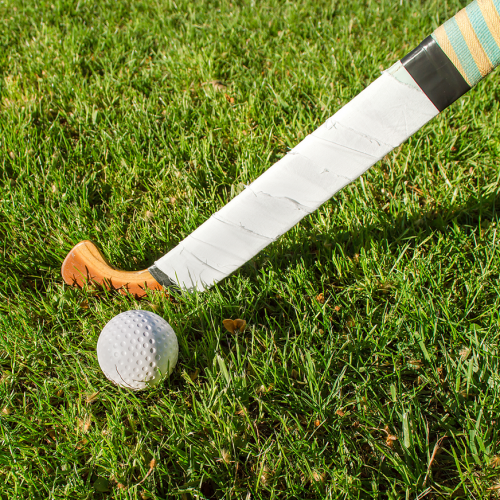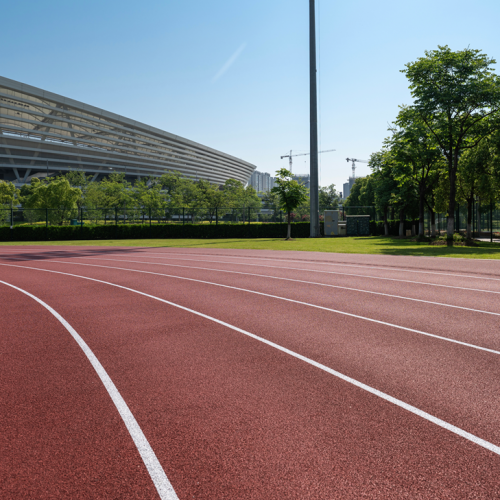Fa Cup
Stadium Sightline
How would you design the tiering of seats in a stadium so that all spectators have a good view?
What's the Point of Squash?
Playing Squash
Little Little G
High Jumping
Decathlon: the Art of Scoring Points
Alternative Record Book
In which Olympic event does a human travel fastest? Decide which events to include in your Alternative Record Book.
Secondary Sport Collection
Squash
Speed-time problems at the Olympics
Have you ever wondered what it would be like to race against Usain Bolt?

Who's the Winner?
When two closely matched teams play each other, what is the most likely result?
The Olympic torch tour
Imagine you had to plan the tour for the Olympic Torch. Is there an efficient way of choosing the shortest possible route?
Twenty20
Nutrition and Cycling
Andy wants to cycle from Land's End to John o'Groats. Will he be able to eat enough to keep him going?
Tournament Scheduling
Performing Beyond Expectations - Using Sport to Motivate Students in Mathematics Lessons

Track Design
Where should runners start the 200m race so that they have all run the same distance by the finish?
May the Best Person Win
Olympic Triathlon
Is it the fastest swimmer, the fastest runner or the fastest cyclist who wins the Olympic Triathlon?
Olympic Logic
Can you use your powers of logic and deduction to work out the missing information in these sporty situations?
The Fastest Cyclist
Andy is desperate to reach John o'Groats first. Can you devise a winning race plan?
Training Schedule
The heptathlon is an athletics competition consisting of 7 events. Can you make sense of the scoring system in order to advise a heptathlete on the best way to reach her target?
Olympic Measures
These Olympic quantities have been jumbled up! Can you put them back together again?
Olympic Records
Can you deduce which Olympic athletics events are represented by the graphs?

Climbing Conundrum
Five children are taking part in a climbing competition with three parts, where their score for each part will be multiplied together. Can you see how the leaderboard will change depending on what happens in the final climb of the competition?

Climbing Complexity
In the 2020 Olympic Games, sport climbing was introduced for the first time, and something very interesting happened with the scoring system. Can you find out what was interesting about it?
Medal Muddle
Now and Then
Have a look at the results for some events at past Olympic Games. Can you use these to predict the results at the next Olympics?
Olympic Turns
This task looks at the different turns involved in different Olympic sports as a way of exploring the mathematics of turns and angles.
Match the Matches
Half Time
What could the half time scores have been in these Olympic hockey matches?
Sports Equipment
National Flags
Going for Gold
Looking at the Olympic Medal table, can you see how the data is organised? Could the results be presented differently to give another nation the top place?
Olympic Starters
Look at some of the results from the Olympic Games in the past. How do you compare if you try some similar activities?
Opening Patterns
Can You Do It Too?
Try some throwing activities and see whether you can throw something as far as the Olympic hammer or discus throwers.
Who Can Be the Winner?
Olympic Rings
Can you design your own version of the Olympic rings, using interlocking squares instead of circles?
The Games' Medals
Can you see who the gold medal winner is? What about the silver medal winner and the bronze medal winner?

The Animals' Sports Day
One day, five small animals in my garden had a sports day. Who do you think won each race?
